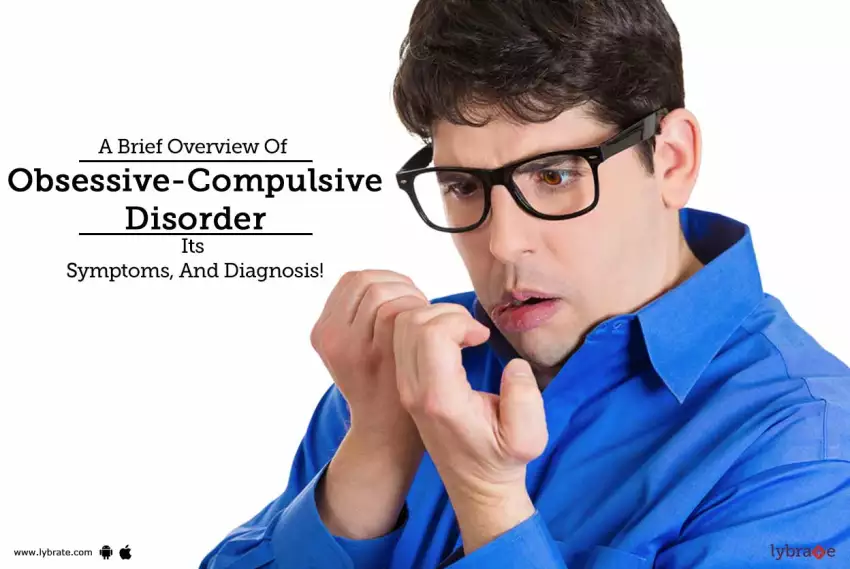Obsessive Thoughts and Compulsions

If you feel that intrusive thoughts and compulsions constantly plague you, you might be experiencing obsessive thoughts. If this is the case, talking about your feelings with a mental health professional is essential. There are several ways to deal with obsessive thoughts and compulsions. The first step is to identify your triggers and the types of thoughts you are prone to. Another helpful technique is to keep a thought journal. This will help you track the patterns and themes of your thoughts. This will also help you remind yourself that you are in control of your choices and actions and that your obsessive thoughts are not helpful.
Intrusive thoughts
People who suffer from obsessive and intrusive thoughts should not change their behaviour or try to avoid certain activities. These thoughts are based on fear and will become irrelevant if the fear is resolved. More positive and relevant thoughts will also replace them. The good news is that you are not alone in having intrusive thoughts. Most people have them at one time or another, and they are perfectly healthy.
People with obsessive-compulsive disorder (OCD) have recurring thoughts and behaviours that they find troubling and unsettling. These thoughts can lead to feelings of panic, guilt, and anxiety. Although they can indicate an underlying problem, intrusive thoughts and obsessive behaviour do not always indicate depression.
Compulsions
Obsessive thoughts can lead to a wide range of compulsions. Some are overt, such as checking or washing things repeatedly. Others involve fear of contamination, illness, or an obsession with the symmetry of specific motor actions. Whatever the cause, the compulsions are often intense and can cause significant anxiety.
The most common obsessive-compulsive disorder (OCD) compulsions are repetitive, often irrational, behaviours. These actions are meant to reduce or eliminate the feeling of anxiety. While compulsions may provide a brief respite from obsessive thoughts, they are often irrational and unnecessary. People with OCD often do not realise that these behaviours interfere with their daily lives and are a source of anxiety.
Symptoms
Obsessive thoughts are disturbing and may result in a strong sense of anxiety. It can also affect one's ability to concentrate and focus. As a result, people with obsessive thoughts may try to avoid situations that might trigger their thoughts. However, it is possible to break free from these thoughts with the help of therapy and other methods.
The first step in treating obsessive thoughts is learning to identify the triggers and their severity. Triggers can be anything from thoughts to situations. Patients need to write down the triggers daily and rate the intensity of their fears and compulsions.
Treatment
Treatment for obsessive thoughts involves working with a mental health professional to determine what the underlying cause of your obsessive thoughts is and develop a treatment plan. In most cases, treating the underlying condition will prevent or reduce the impact of obsessive thoughts. Usually, treatment for obsessive thoughts involves a combination of therapy and medication.
Cognitive behavioural therapy (CBT) is a proven method for treating obsessive thoughts. It involves training your mind to stop obsessing over a particular thing. For example, exposure therapy makes your brain less likely to obsess over a specific item or situation. Similarly, mindfulness-based cognitive therapy (MBCT) may help you deal with obsessive thoughts without taking medications.



